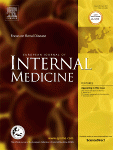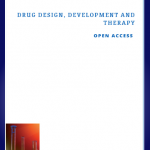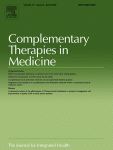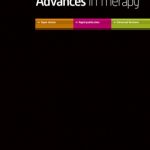Silvio Garattini, Pier Mannuccio Mannucci
Homeopathy provided by a national health service: Only in Italy?
Eur J Int Med, 2017

Homeopathy was born in Germany around the end of the eighteenth century through the work of Samuel Hahnemann (1755–1843). In the context of a medical era characterized by remedies such as bloodletting and the therapeutic use of odd blends of poorly defined substances, it can be understood that homeopathy had its own appeal. Yet, taking into account the Avogadro law as well as the huge dilutions of homeopathy products, their contents in term of active principles is close to zero, thus making indistinguishable the various available brands with alleged different therapeutic properties. In 1988 the interest for homeopathy rose because a scientific publication [1] offered the views that the dilutions and shakings of the homeopathy products would trigger a putative “memory of the water”. This bold hypothesis was subsequently dismantled by experiments carried out with a double-blind design and suitable controls [2].
Despite a long lifetime quite rewarding in monetary terms (in Italy income seems to be around 350 million Euros), homeopathy has never been able to prove its claimed therapeutic efficacy. Needless to say, in the field of medical treatments the burden of the proof stands with those who claim a benefit for a given intervention. In a field such as homeopathy devoid of any biological plausibility, it is weird that the community of scientific medicine had the burden to demonstrate the complete lack of efficacy of homeopathic products! The Cochrane Collaboration, as international non-profit initiative created to critically and independently evaluate the efficacy of medical treatments, carried out several systematic reviews on the use of Oscillococcinum® in asthma [3], osteoarthritis [4], attention deficits [5], delivery induction [6], reduction of the adverse effects of chemotherapy [7] and management of influenza [8]. The verdicts of all these publications were homogeneous and unequivocal: no proof of efficacy for Oscillococcinum. Further, following the results of a meta-analysis [9], an editorial of The Lancet, with the impressive title “The end of homeopathy” [10], stated blatantly “the clinical effects of homeopathy are generic placebo effects”. In the United Kingdom, where homeopathy products were originally provided by the National Health Service, medical practitioners have requested to ban homeopathy from the Service [11]. By the same token in Australia [12] the National Health and Medical Research Council, after a systematic revision of the available evidence in the frame of various diseases, wrote: “The review found no good quality, well-designed studies with enough participants to support the idea that homeopathy works better than placebo, or causes health improvements equal to those of another treatment”. Further, the Federal Trade Commission (the agency established in the USA for the protection of consumers) has obliged the producers of homeopathic products to add a label stating their total lack of efficacy [13]. This requirement is consistent with an Italian bill of the Ministry of Health that obliges to put the following label on each homeopathic product: “homeopathic medicine with no approved therapeutic indication”.








Lascia un commento
Devi essere connesso per inviare un commento.